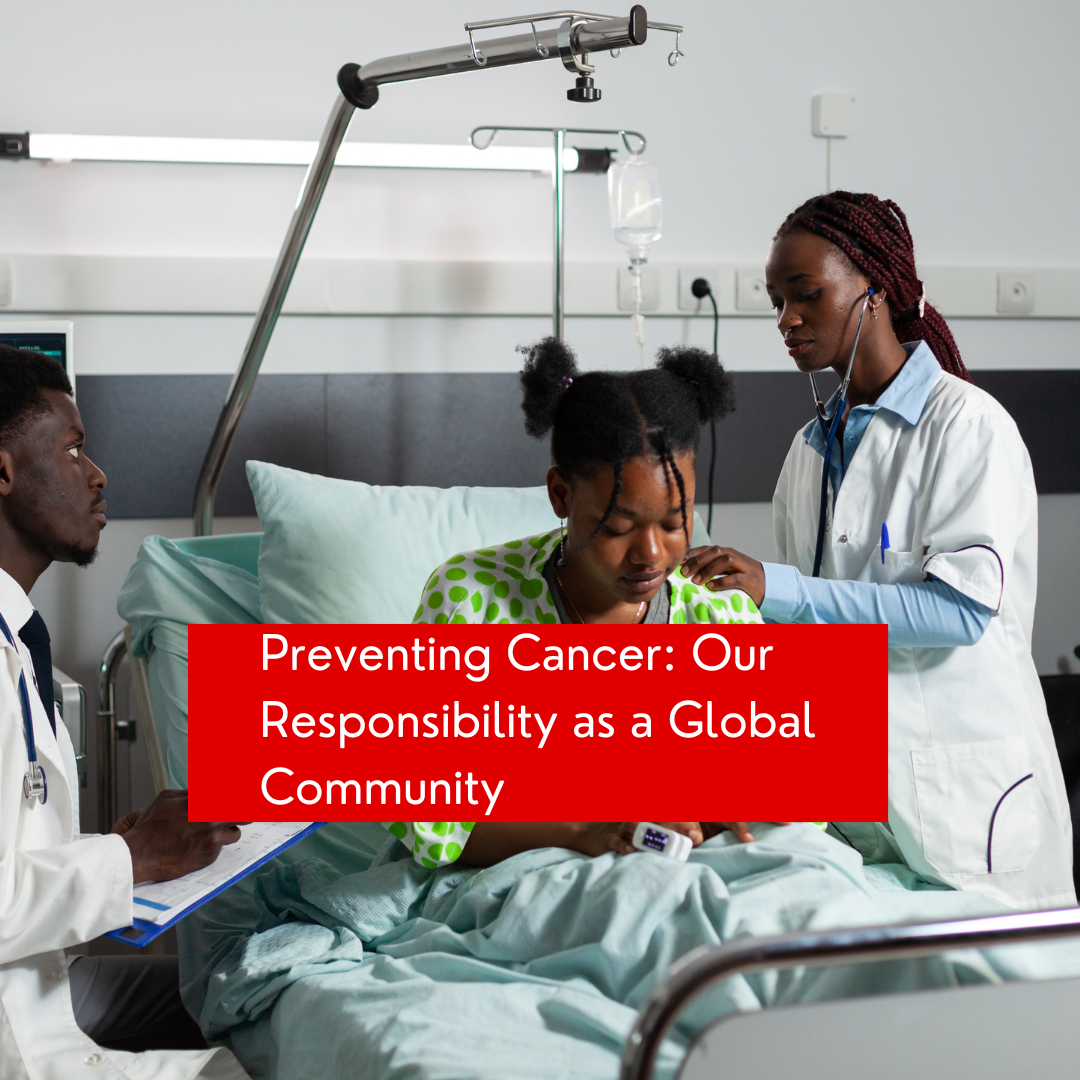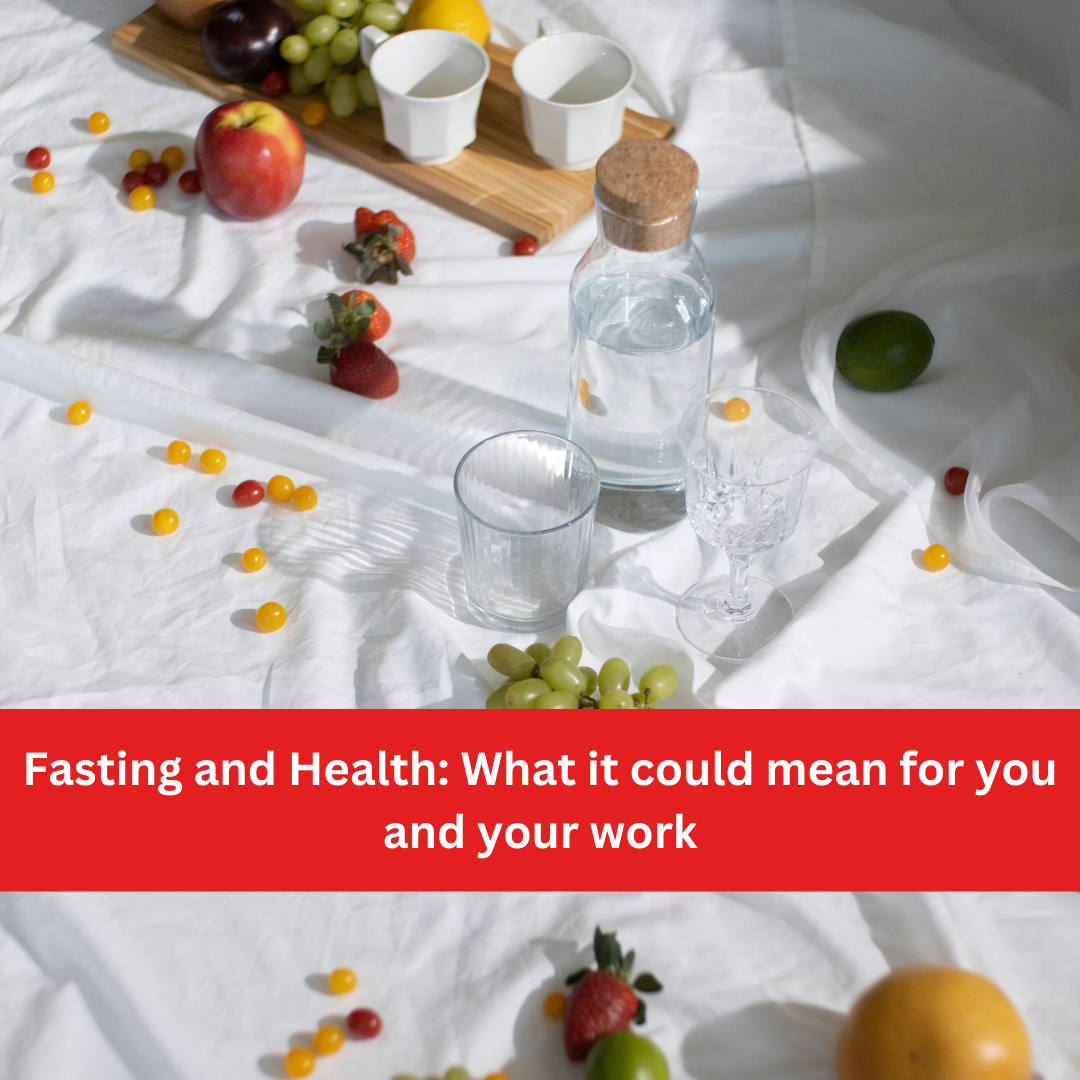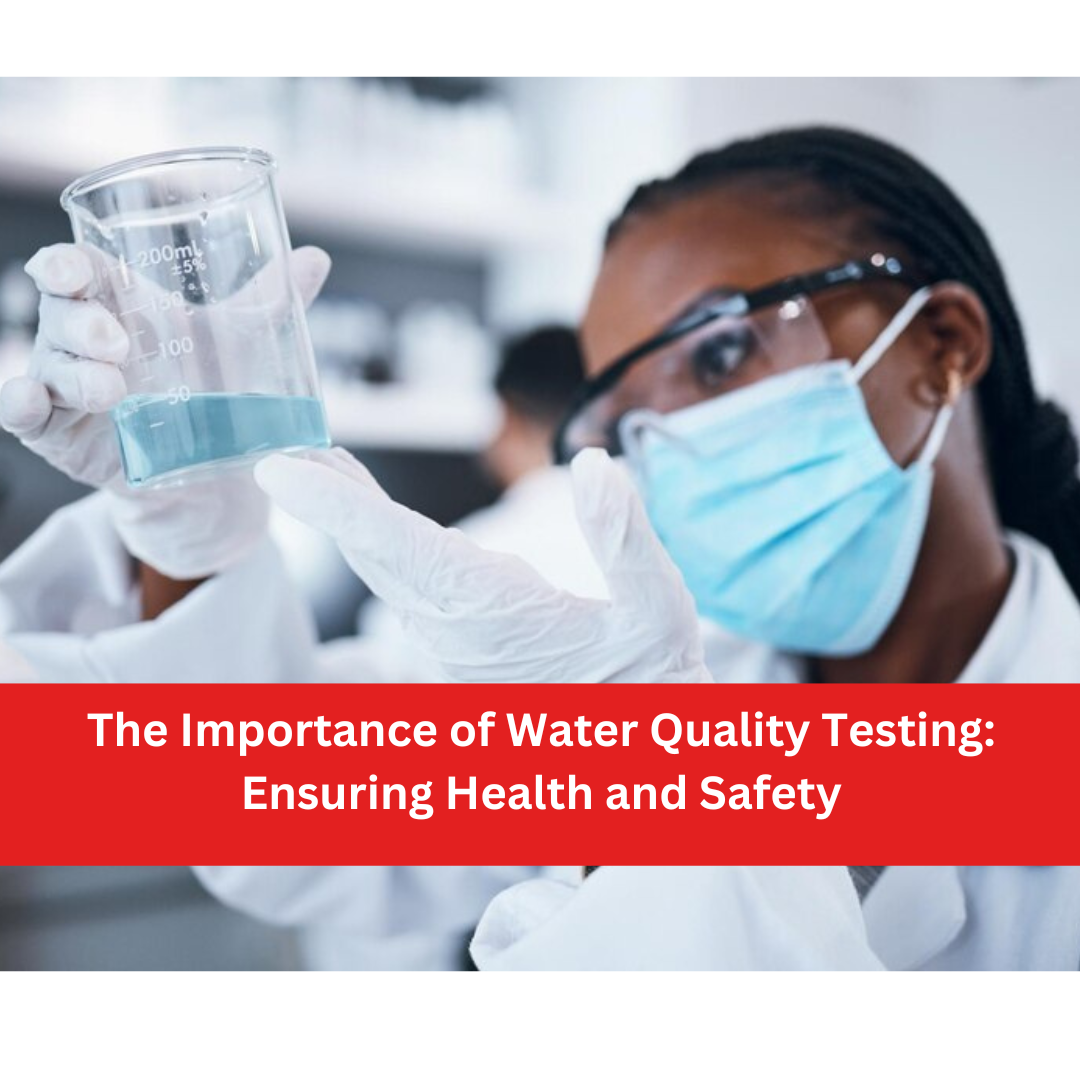Did you know that cancer is one of the leading causes of death worldwide, with millions of people affected by the disease each year? Yes, cancer is an insidious disease that affects millions of people around the world each year.
In Africa, it is estimated that 1.1 million new cases are identified annually, resulting in approximately 700,000 deaths. Unfortunately, this number is expected to rise significantly by 2030, reaching nearly one million deaths annually if urgent and bold interventions are not adopted. Globally, the number of new cancer cases per year is 19.3 million.
This is why World Cancer Day serves as an opportunity to take on the challenge to bridge disparities in cancer treatment. The commemoration of the day enables us to come together to recognize the progress that has been made in fighting cancer and rededicate our efforts toward bridging disparities for those who are unable to access care.
This year’s theme focuses on closing the care gap – an effort to bridge disparities in cancer treatment at both individual and collective levels and reminds us that it is important to come together in solidarity against one of modern society’s most complex diseases with a commitment to inspire hope and destroy inequality for those who need it most.
While the causes of cancer are still largely unknown, there are certain risk factors that can increase your chances of developing cancer. One of the biggest risk factors is drinking alcohol, as studies have linked it to higher rates of certain types of cancer. The less alcohol you consume, the lower your risk for cancer. Other risk factors include a genetic and family history of cancer, diets high in refined sugar and processed meats, obesity, and certain infections like hepatitis B and C, Human Papilloma Virus (HPV), and H Pylori.
Primary prevention is a key strategy for reducing the global burden of cancer. It involves making lifestyle changes and getting regular check-ups and screenings to detect cancer in its early stages when it’s easier to treat. Eating a balanced diet, exercising regularly, and avoiding tobacco and alcohol use can all contribute to preventing cancer. Making these changes may not be easy, but it is essential if we are to make a difference in reducing the number of people affected by this devastating disease.
Early detection of cancer is critical to successful treatment and survival. Adherence to regular screening tests and self-examination may reduce the risk of the detected cancer from developing to more advanced stages of cancer. Furthermore, early detection of cancer allows for prompt diagnosis and treatment, which may improve patient outcomes and reduce mortality rates. Detecting cancer at its earliest stages can also be less expensive and allow for more options when it comes to treatment. Screening tests such as mammograms, pap smears, and colonoscopies can detect cancer before symptoms appear, providing an opportunity to detect cancer before it progresses. These screening tests should be performed at regular intervals according to guidelines set by healthcare professionals.
In addition to screening tests, self-examination is an important part of early detection. Self-examination of the breasts and other areas of the body can help to detect lumps or changes that may indicate a possible problem. Regular self-examinations should also be conducted in order to spot any abnormalities or changes in the skin that could indicate cancer.
Now, we encourage everyone to be committed to reducing the risks of cancer and improving outcomes by working together. This can only happen when we join forces to take action against cancer and make a difference by supporting the fight against it in any way possible!
Here are some ways you can make a difference:
- Educate yourself on cancer prevention: becoming informed about cancer prevention is a great way to help fight the illness. Understanding what can put you at risk of particular types of cancers is essential for lowering the chances of being affected. Practicing healthy habits like exercising and maintaining a balanced diet can assist in diminishing cancer risks in the long run.
- Donate to cancer research organizations and charities: donations help fund research into new treatments and therapies for cancer patients, as well as provide support for those affected by the disease. Research is key in gaining further insight into how cancer works so that we can better target treatments and ultimately find a cure.
- Volunteer your time with local organizations that provide help and support to those with cancer: there are different types of volunteer opportunities available, from working directly with patients to helping out with fundraising events. Volunteering can be an incredibly rewarding experience and it can make a huge difference in someone’s life.
We understand that people’s lives can be impacted by cancer and that’s why we encourage everyone to get professional counseling services to get up to date on cancer and its risk factors as well as early detention and care. Our organization offers a range of services that include self-examination consultations and screening tests to help you and your loved ones get ahead in cancer eradication. Remember, knowledge is power when it comes to your health.







No Comments